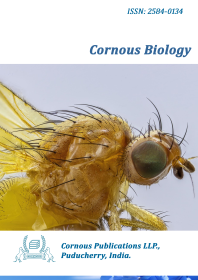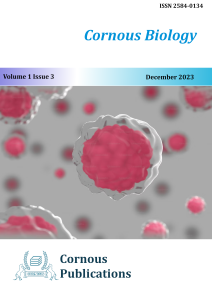

Heavy metals, recently with the increase in population and the increase in the birth rate in many areas, as well as the need of different groups for various resources have a significant increase, and in this aspect, it can increase every day. This issue directly exposes our food sources, especially milk and animal meat. The results in various reports and research clearly state that these food sources are contaminated in many cases and this contamination can easily enter the food cycle of humans by eating these products. In this paper, with a brief overview, we have tried to examine the topic through scientific reports, and at the end, we suggest that the land where animal feed is grown be far from metal industries and factories, and also we can plant some herbs that accumulate more because these plants have the ability to remove pollution.
heavy metals, livestock products, milk, red meat, pollution
Alinia-Ahandani, E., Nazem, H., Malekirad, A. A., & Fazilati, M. (2022). The safety evaluation of toxic elements in medicinal plants: A Systematic Review. Journal of Human Environment and Health Promotion, 8(2), 62-68.
Alinia-Ahandani, E., Rafeie, F., Alizadeh-Tarpoei, Z., Hajipour, S., Selamoglu, Z., and Arici, E. C. A. (2023). Overview on raspberry leaves and cohosh (Caulophyllum thalictroides) as partus preparatory. Central Asian Journal of Plant Science Innovation, 2(2), 54-61.
Anetta, L., Peter, M., Agnieszka, G., & Jozef, G. (2012). Concentration of selected elements in raw and ultra heat treated cow milk. The Journal of Microbiology, Biotechnology and Food Sciences, 2(2), 795.
Kaplan, O., Yildirim, N. C., Yildirim, N., & Cimen, M. (2011). Toxic elements in animal products and environmental health. Asian J. Anim. Vet. Adv., 6(3), 228-232.
Korish, M. A., and Attia, Y. A. (2020). Evaluation of heavy metal content in feed, litter, meat, meat products, liver, and table eggs of chickens. Animals, 10(4), 727.
Shaheen, N., Ahmed, M. K., Islam, M. S., Habibullah-Al-Mamun, M., Tukun, A. B., Islam, S., & MA Rahim, A. T. (2016). Health risk assessment of trace elements via dietary intake of ‘non-piscine protein source’foodstuffs (meat, milk and egg) in Bangladesh. Environmental science and pollution research, 23, 7794-7806.
Tabinda, A. B., Zafar, S., Abdullah, Y., & Munir, S. (2013). Metals concentration in water, fodder, milk, meat, blood, kidney and liver of livestock and associated health impacts by intake of contaminated milk and meat. Pakistan Journal of Zoology, 45(4).
Tajkarimi, M., Faghih, M. A., Poursoltani, H., Nejad, A. S., Motallebi, A. A., & Mahdavi, H. (2008). Lead residue levels in raw milk from different regions of Iran. Food control, 19(5), 495-498.
